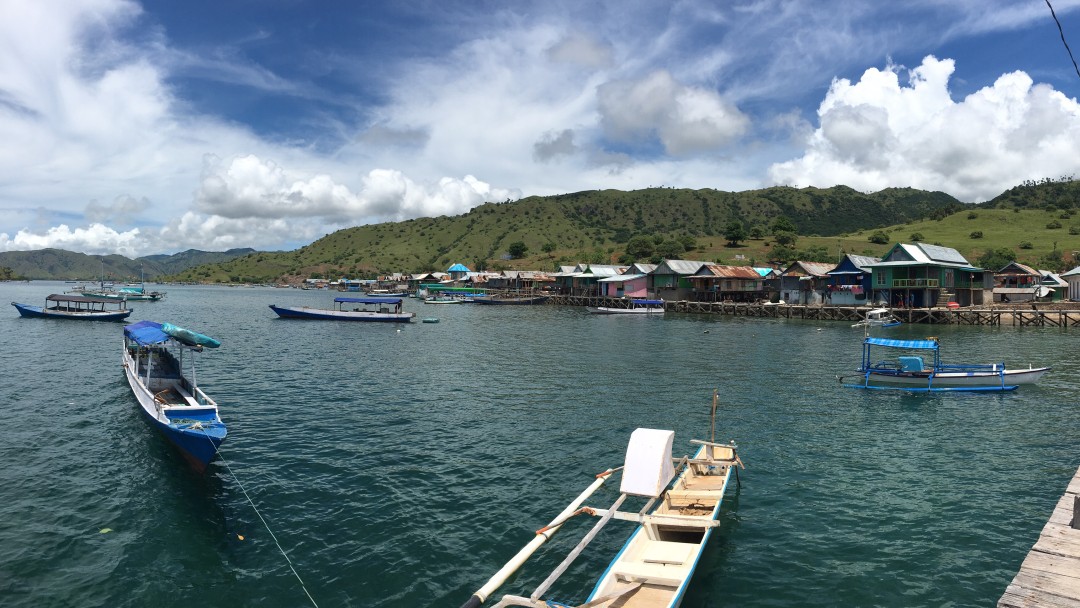
Indonesia’s islands in particular, which are far away from the capital, do not yet have reliable access to energy. KfW, on behalf of the German Federal Government, is supporting the electrification of the country’s rural regions from renewable energy sources with promotional loans and low-interest loans totalling almost EUR 250 million. Solar installations and small hydropower plants, for example, are being built.
In eastern Indonesia, antiquated diesel generators are still often used to generate energy. This is not only expensive, but also goes hand in hand with high levels of pollutants, both greenhouse gases and emissions that are harmful to human health. The aim is for a healthier and more environmentally friendly energy source to replace diesel generators in the future. This is because the island nation has enormous potential for harnessing solar and hydropower.
Furthermore, in the eastern regions, around 20% of inhabitants still have no access to electricity at all.
Commissioned by the Federal Ministry for Economic Cooperation and Development (BMZ), KfW is supporting the construction of four smaller hydropower plants on the islands of Sulawesi and Papua, each of which will have a capacity of between 3 and 16 MW, through its programme “1,000 Islands – Renewable Energy for Electrification, Phase II”. The construction of these hydropower plants requires high initial investments, provided by KfW in the form of a development loan.
In the first phase of the programme, solar installations are being financed in the province of East Nusa Tenggara to supply local island grids (known as mini-grids).
In addition, the island grids at the medium and low-voltage level will be expanded and access roads and additional grid connections will be constructed in both phases.
Many of the inefficient and environmentally harmful diesel generators currently in use can be decommissioned thanks to the renewable technologies provided. This reduces the cost of electricity generation and lowers greenhouse gas emissions. In total, the programme helps to save up to 125,000 tonnes of carbon dioxide emissions per year in its two phases.
Since the small hydropower plants reduce the cost of electricity generation, the Indonesian government can use part of the subsidy for energy costs of poorer households for other purposes in the future.
The promotion of solar and hydropower in Indonesia, with its thousand islands, contributes to diversifying the electricity mix and gives people in remote areas access to a reliable power supply.
Share page
To share the content of this page with your network, click on one of the icons below.
Note on data protection: When you share content, your personal data is transferred to the selected network.
Data protection
Alternatively, you can also copy the short link: https://www.kfw-entwicklungsbank.de/s/enzBX-GI
Copy link Link copied